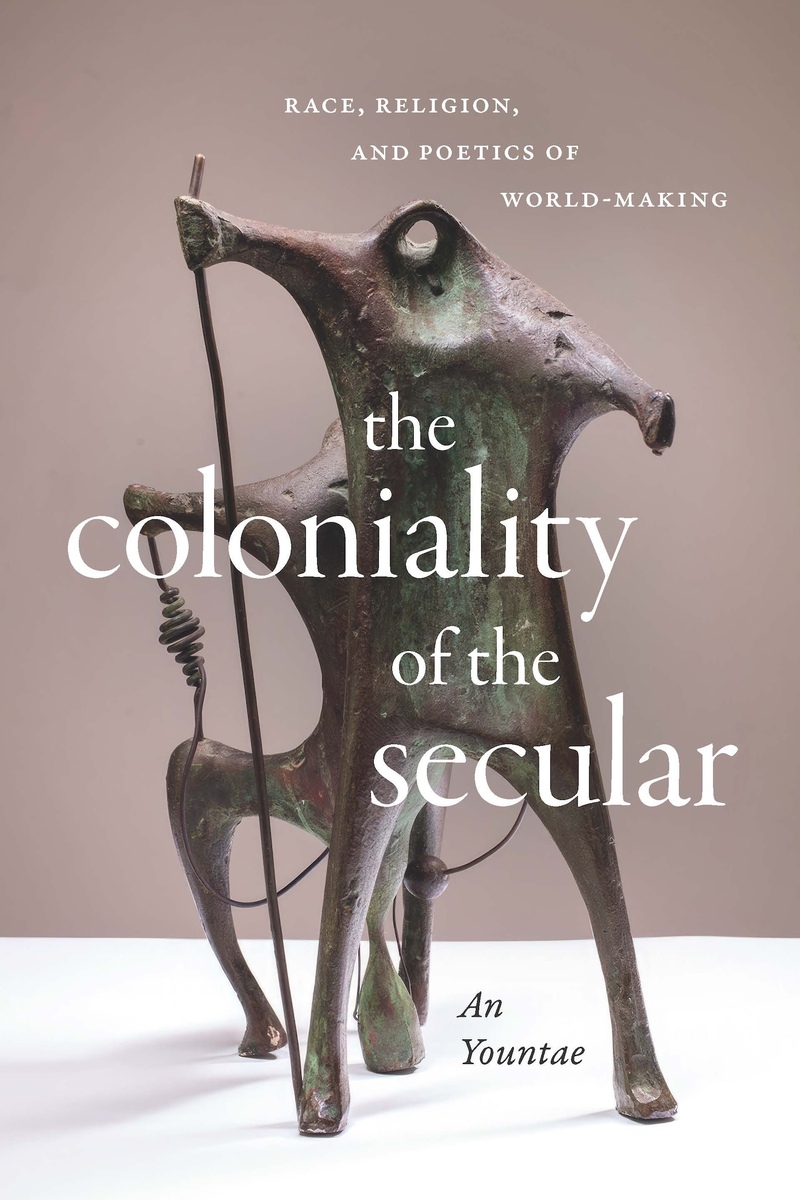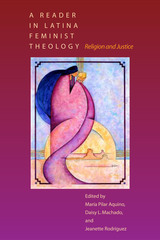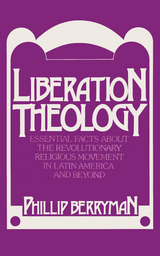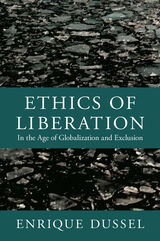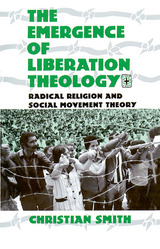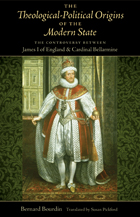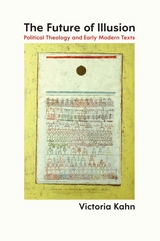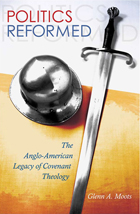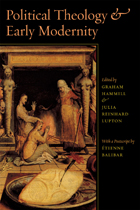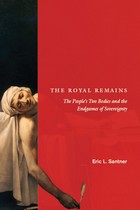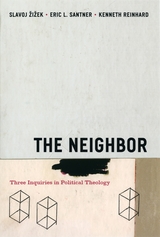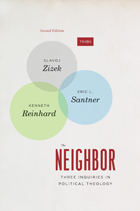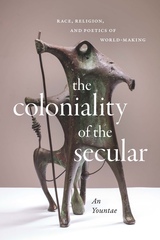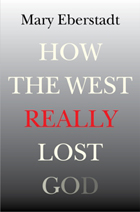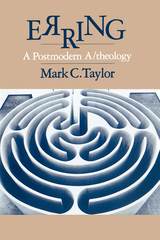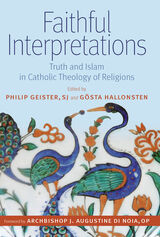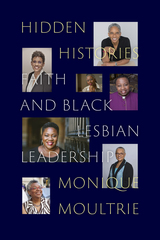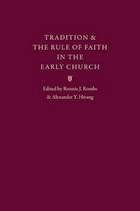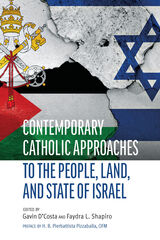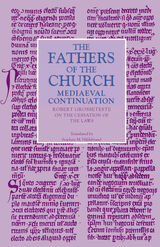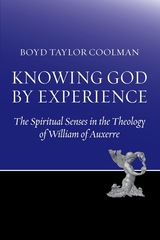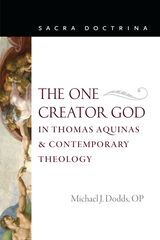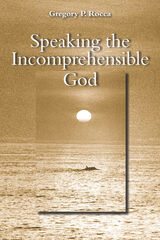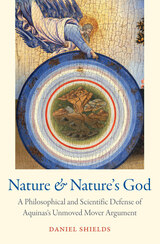The Coloniality of the Secular: Race, Religion, and Poetics of World-Making
Duke University Press, 2024
Paper: 978-1-4780-2510-8 | Cloth: 978-1-4780-2012-7 | eISBN: 978-1-4780-2709-6
Library of Congress Classification BT83.593.A5 2024
See other books on: Coloniality | Decolonization | Postcolonialism | Religion and politics | Secular
See other titles from Duke University Press
Paper: 978-1-4780-2510-8 | Cloth: 978-1-4780-2012-7 | eISBN: 978-1-4780-2709-6
Library of Congress Classification BT83.593.A5 2024
ABOUT THIS BOOK | AUTHOR BIOGRAPHY | REVIEWS | TOC | REQUEST ACCESSIBLE FILE
ABOUT THIS BOOK
In The Coloniality of the Secular, An Yountae investigates the collusive ties between the modern concepts of the secular, religion, race, and coloniality in the Americas. Drawing on the work of Édouard Glissant, Frantz Fanon, Aimé Césaire, Sylvia Wynter, and Enrique Dussel, An maps the intersections of revolutionary non-Western thought with religious ideas to show how decoloniality redefines the sacred as an integral part of its liberation vision. He examines these thinkers’ rejection of colonial religions and interrogates the narrow conception of religion that confines it within colonial power structures. An explores decoloniality’s conception of the sacred in relation to revolutionary violence, gender, creolization, and racial phenomenology, demonstrating its potential for reshaping religious paradigms. Pointing out that the secular has been pivotal to regulating racial hierarchies under colonialism, he advocates for a broader understanding of religion that captures the fundamental ideas that drive decolonial thinking. By examining how decolonial theory incorporates the sacred into its vision of liberation, An invites readers to rethink the transformative power of decoloniality and religion to build a hopeful future.
See other books on: Coloniality | Decolonization | Postcolonialism | Religion and politics | Secular
See other titles from Duke University Press
